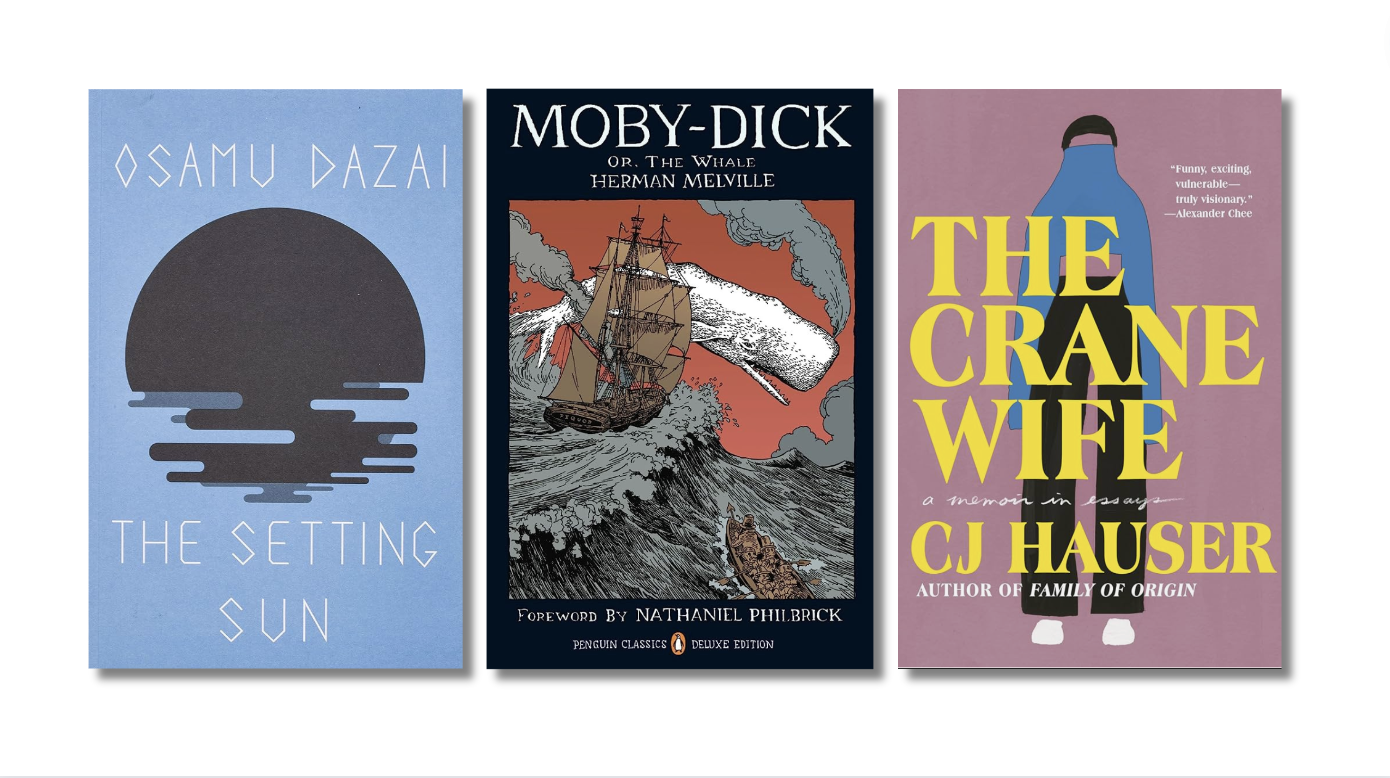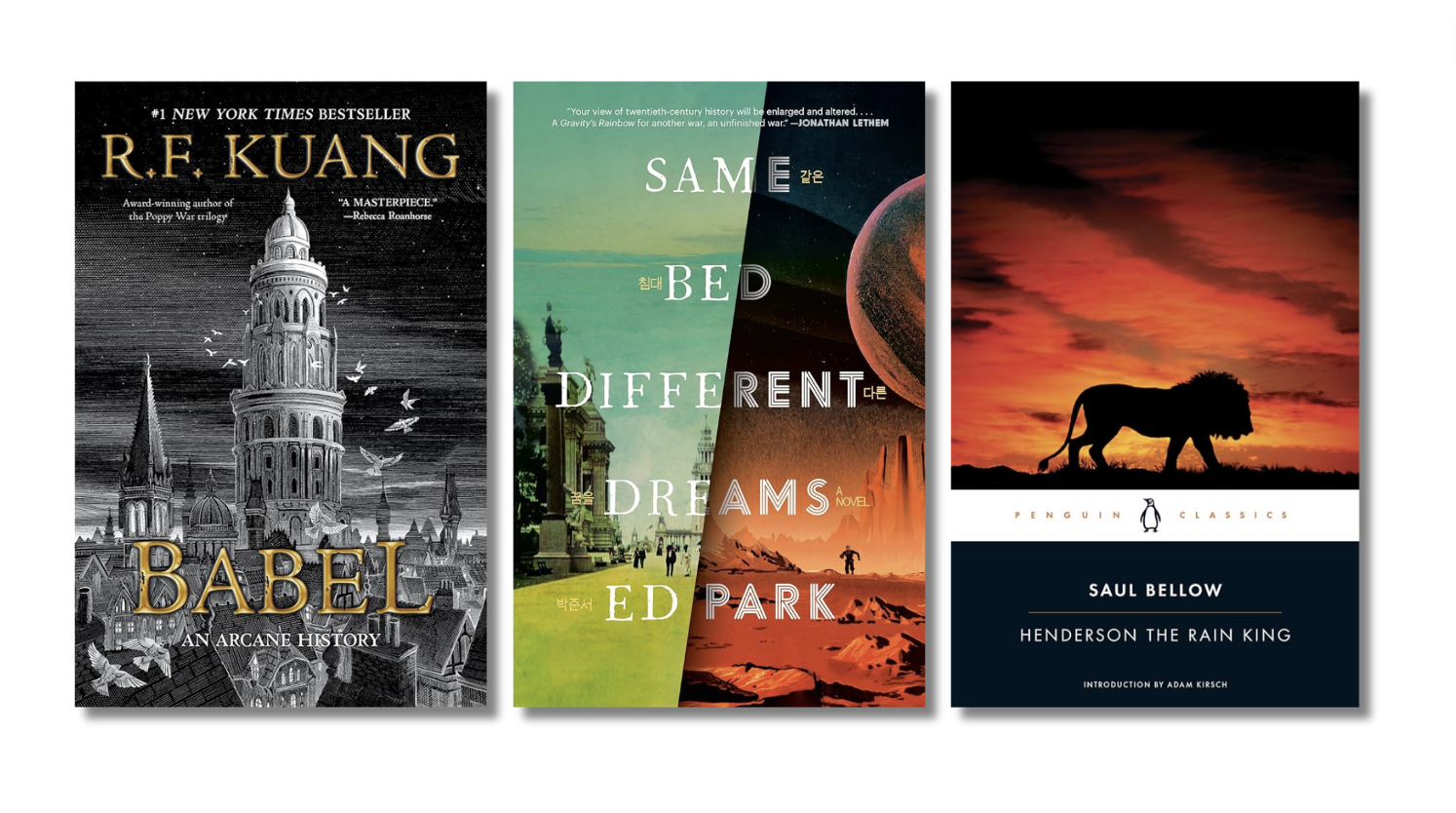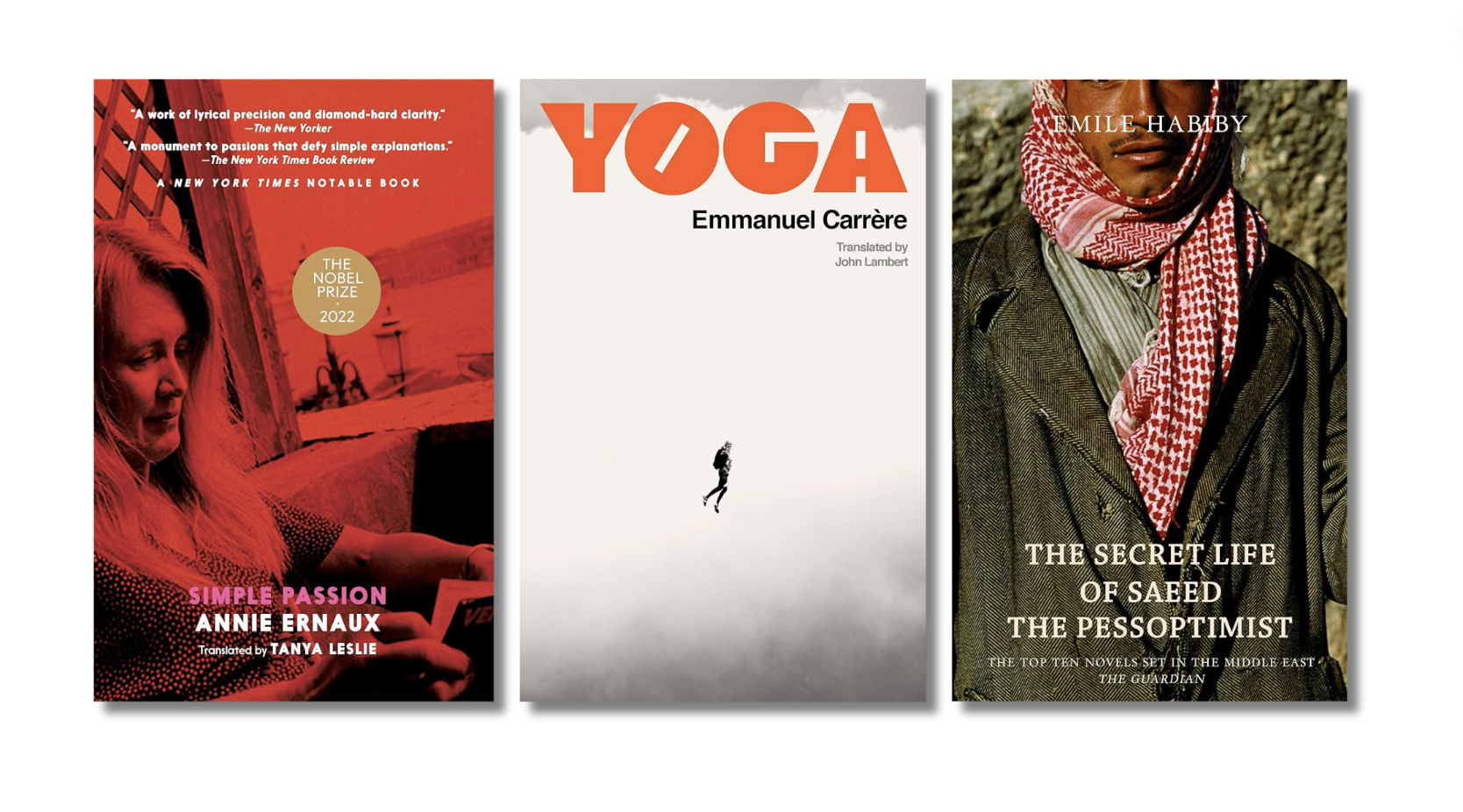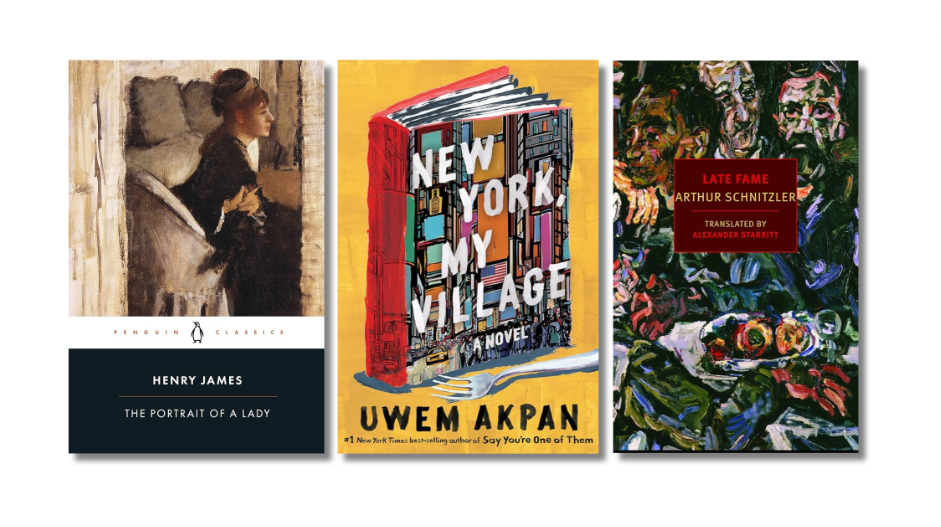I feel woefully inadequate as a reader, particularly with regard to keeping up with contemporary writers. Most of my colleagues keep up nicely. They’ll chat me up about a recent great story or essay in The New Yorker. They’ll ask what I thought of A Visit from the Goon Squad or Freedom. They’ve already read A Visit from the Goon Squad and Freedom. Those books just came out, didn’t they? And Freedom is big, and The New Yorker comes every week. Am I that terribly busy, more so than any other writer who also teaches for a living? I don’t think I am. Plus, I have all summer to write and read. Why aren’t I keeping up over the summer? I don’t know! I do own Goon Squad and Freedom, by the way; they’re in my to-read cart, along with books by Edward P. Jones and Francine Prose and Deborah Eisenberg, and biographies of Wharton and Frost. And a John McPhee book. And Volt by Alan Heathcock. (I’m name-dropping now, compensating for my inadequacy as a reader by trying to convince you that I do read (or at least, earnestly intend to; there are 63 books in that goddamn to-read cart)).
 Anyhow, the book I most recently plucked from the cart was Thom Jones’ first story collection, The Pugilist at Rest. This is a re-visitation of Jones for me, having read his work in various magazines and anthologies — back in the day, when I kept up — and remembering…well, frankly, not liking it. I re-visit because it has happened — again and again — that a writer whose work I remember not liking becomes, upon re-reading, a writer I enjoy and admire very much. (This has happened with Alice Munro, Henry James, Nicholson Baker, William Gibson, Carol Bly.) What I remember about not liking Jones had something to do with the hopped up, motor-mouth narration of the few stories I’d read. Well, The Pugilist at Rest is an entire collection of hopped up, motor-mouth narrations, and the effect of reading all eleven stories was very emotional for me. There is an urgency and a need in this aggregate voice that feels palpably human, and vulnerable. Some of his narrators are deluded, arrogant assholes, but man, do they try (and fail) not to be — talking their way through their story, telling it and confessing it and laying it all out (trying to!) no matter how awful it makes them look. What is remarkable to me in reading these stories is the sense of this voice haranguing and hauling me into the fictional world. I’ve never felt more present as an audience while reading a book, never more fully engaged in the mysterious exchange that can occur between reader and writer — I’m being somehow appealed to, in the most intrusive and nakedly honest away. A story is just words on a page, and for a writer to extract such an emotional response from a reader via his arrangement of words on a page — that’s a very great writer.
Anyhow, the book I most recently plucked from the cart was Thom Jones’ first story collection, The Pugilist at Rest. This is a re-visitation of Jones for me, having read his work in various magazines and anthologies — back in the day, when I kept up — and remembering…well, frankly, not liking it. I re-visit because it has happened — again and again — that a writer whose work I remember not liking becomes, upon re-reading, a writer I enjoy and admire very much. (This has happened with Alice Munro, Henry James, Nicholson Baker, William Gibson, Carol Bly.) What I remember about not liking Jones had something to do with the hopped up, motor-mouth narration of the few stories I’d read. Well, The Pugilist at Rest is an entire collection of hopped up, motor-mouth narrations, and the effect of reading all eleven stories was very emotional for me. There is an urgency and a need in this aggregate voice that feels palpably human, and vulnerable. Some of his narrators are deluded, arrogant assholes, but man, do they try (and fail) not to be — talking their way through their story, telling it and confessing it and laying it all out (trying to!) no matter how awful it makes them look. What is remarkable to me in reading these stories is the sense of this voice haranguing and hauling me into the fictional world. I’ve never felt more present as an audience while reading a book, never more fully engaged in the mysterious exchange that can occur between reader and writer — I’m being somehow appealed to, in the most intrusive and nakedly honest away. A story is just words on a page, and for a writer to extract such an emotional response from a reader via his arrangement of words on a page — that’s a very great writer.
More from A Year in Reading 2011
Don’t miss: A Year in Reading 2010, 2009, 2008, 2007, 2006, 2005
The good stuff: The Millions’ Notable articles
The motherlode: The Millions’ Books and Reviews
Like what you see? Learn about 5 insanely easy ways to Support The Millions, The Millions on Twitter, Facebook, Tumblr.









